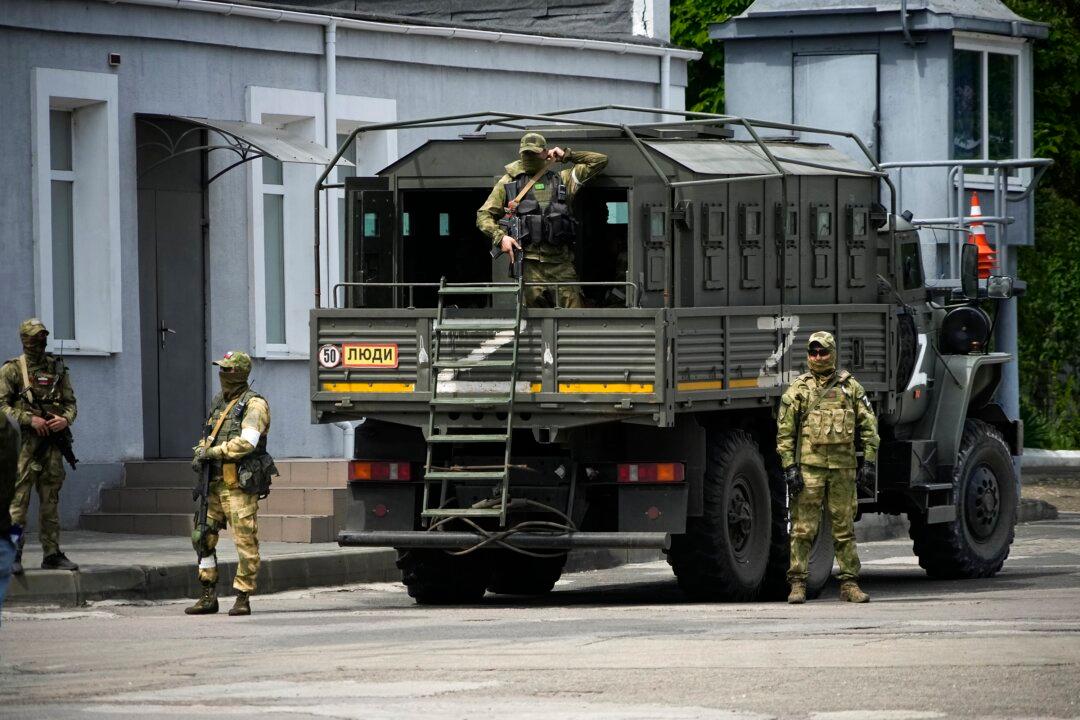Russia has begun withdrawing its forces from Ukraine’s Kherson region, on the southern bank of the Dnieper River, Russia’s Defense Ministry confirmed on Nov. 10.
The decision was based on an assessment by Gen. Sergey Surovikin, appointed by Moscow last month to be the top commander of Russia’s “special military operation” in Ukraine, which began on Feb. 24.





